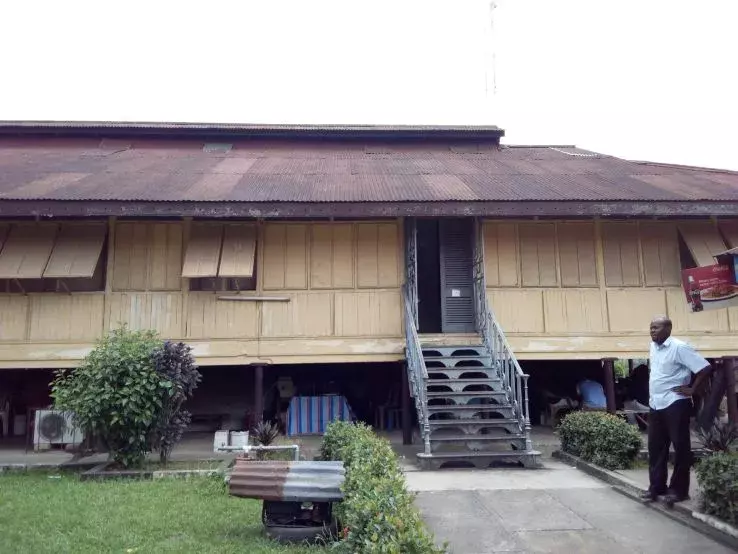Museum of Colonial History

- The Museum of Colonial History in Asmara, Eritrea, is an important institution that sheds light on the country's colonial past, particularly under Italian and British rule. Located in the heart of Asmara, the museum provides a comprehensive look at Eritrea's historical journey from the late 19th century through the mid-20th century. It houses a variety of artifacts, documents, photographs, and exhibits that narrate the complex and often turbulent relationship between Eritrea and its colonial rulers. Through these collections, visitors can gain a deeper understanding of how colonialism shaped Eritrea’s infrastructure, culture, and society, leaving behind both challenges and legacies that persist to this day.
One of the most notable sections of the museum is dedicated to Italian colonization (1889-1941), a period that had a profound impact on Eritrea. The exhibits showcase the Italian efforts to develop Asmara into a modern city, with its impressive Art Deco and Rationalist architecture, which still defines the city's skyline today. The museum displays maps, old newspapers, and architectural plans that highlight how Italian engineers and planners transformed Asmara into what was once referred to as "La Piccola Roma" (Little Rome). However, the museum does not shy away from the darker aspects of colonial rule, including the exploitation of local labor, racial segregation policies, and the resistance movements that emerged among Eritreans seeking autonomy and self-determination.
Another significant part of the museum focuses on the British Military Administration (1941-1952), which took over Eritrea after the defeat of Italian forces in World War II. The exhibits delve into how the British managed the country, including their policies on industry, education, and governance. This period was marked by political uncertainty, as Eritreans debated their future—whether to seek independence, federation with Ethiopia, or some other form of governance. Visitors can explore rare documents and diplomatic correspondences from this era, which provide valuable insights into how international powers influenced Eritrea’s fate. Additionally, the museum highlights the role of Eritrean nationalists who began laying the groundwork for the country’s eventual independence struggle.
Beyond colonial history, the museum also serves as a space for reflection on Eritrea’s broader journey toward sovereignty. It underscores the resilience of the Eritrean people and their enduring quest for self-rule, which eventually culminated in the country's independence in 1993. The Museum of Colonial History is not just a repository of the past; it is an educational institution that invites visitors to critically examine how colonialism has shaped Eritrea’s identity and development. For historians, researchers, and tourists alike, the museum provides a fascinating and thought-provoking experience, allowing them to connect the past with the present and appreciate Eritrea’s complex historical narrative.